A livestock guard canine programme overseen by Rewilding Portugal has simply reached its spectacular goal, with the a hundred and first canine handed over to an area farmer. By lowering livestock predation, the programme will assist the restoration of the endangered and ecologically essential Iberian wolf.
Daniel Allen
Residing with wolves
In the present day, many European wolf populations are on the rise, which is nice information as a result of these keystone predators assist to revive the well being and performance of untamed nature. But the return of this iconic and ecologically essential species throws up challenges, together with the heightened danger of predation on livestock. Among the best methods to minimise such predation, and thereby improve human-wolf coexistence, is to ramp up livestock safety measures.
Since early 2020, the Rewilding Portugal crew have overseen a livestock guard canine programme, offering canines freed from cost to native farmers to allow them to raised defend their sheep, goats, cows, pigs, and horses from predation by Iberian wolves. The programme has now reached a formidable milestone, with the 101st canine not too long ago delivered to a livestock proprietor. Though the programme has reached its 100-dog goal, the crew will hand over just a few extra canines, as a part of the LIFE Wolflux initiative. The programme enhances efforts by the Rewilding Portugal crew to extend the supply of pure prey for the wolves by boosting native populations of roe deer.
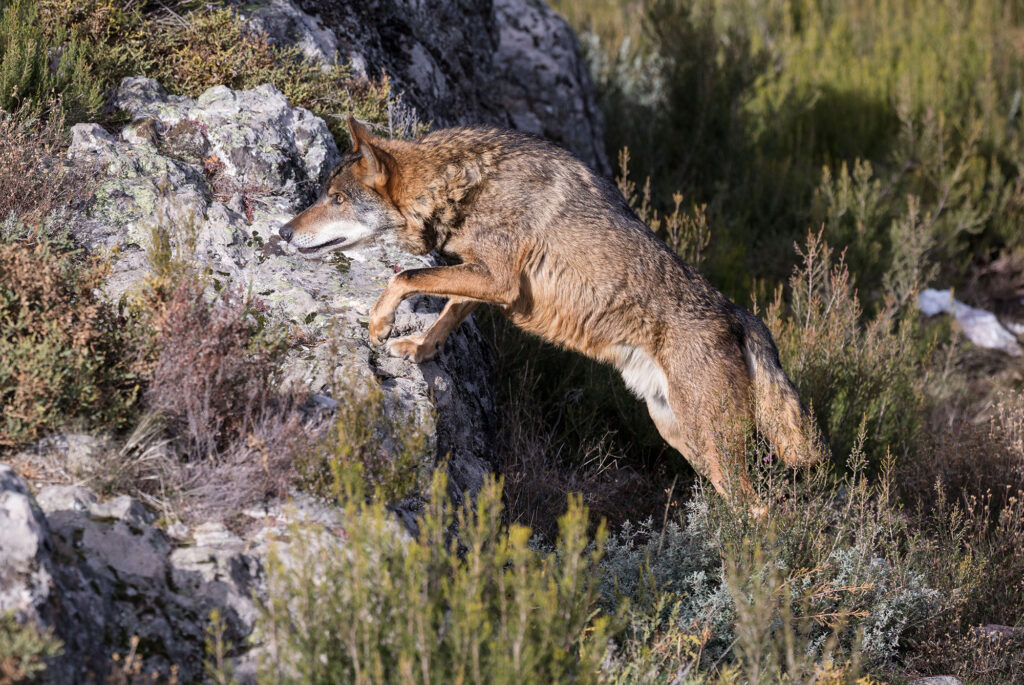
Daniel Allen
Helpful impression
Marta Vieira, a veterinarian hooked up to the Rewilding Portugal crew who’s liable for choosing, integrating, and following up on the progress of canines, is pleased with how the programme has rolled out.
“Though the canines haven’t utterly stopped wolf assaults, many farmers haven’t skilled a single assault since they acquired a canine. By and enormous guard canines are efficient. They’ll undoubtedly scale back predation by Iberian wolves and assist farmers reside alongside them, which is nice for each individuals and nature.”
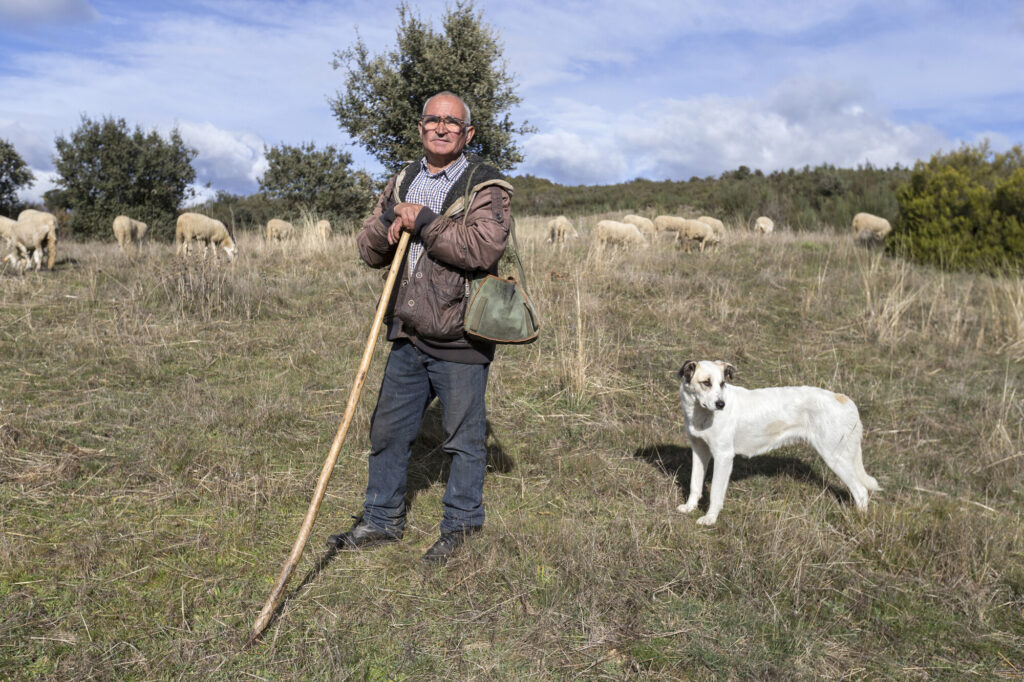
Daniel Allen/ Rewilding Europe
A proactive measure
Research estimate that the Portuguese inhabitants of Iberian wolf (a subspecies of gray wolf) at the moment totals between 250-300 animals, divided in two by the Douro River. Whereas the subpopulation north of the Douro is bigger and extra secure, south of the river there are solely a handful of scattered packs. A scarcity of pure prey, reminiscent of roe deer, means these packs don’t have any selection however to prey on livestock, which causes battle with farmers and infrequently ends in the animal’s persecution.
Whereas some livestock homeowners south of the Douro nonetheless use guard canines, the custom has died out in lots of areas – particularly these the place wolves are seldom seen. However with the Rewilding Portugal crew working to assist wolf comeback, embedding guard canines with livestock in areas the place wolves could return is a proactive measure which may pre-empt points round coexistence.
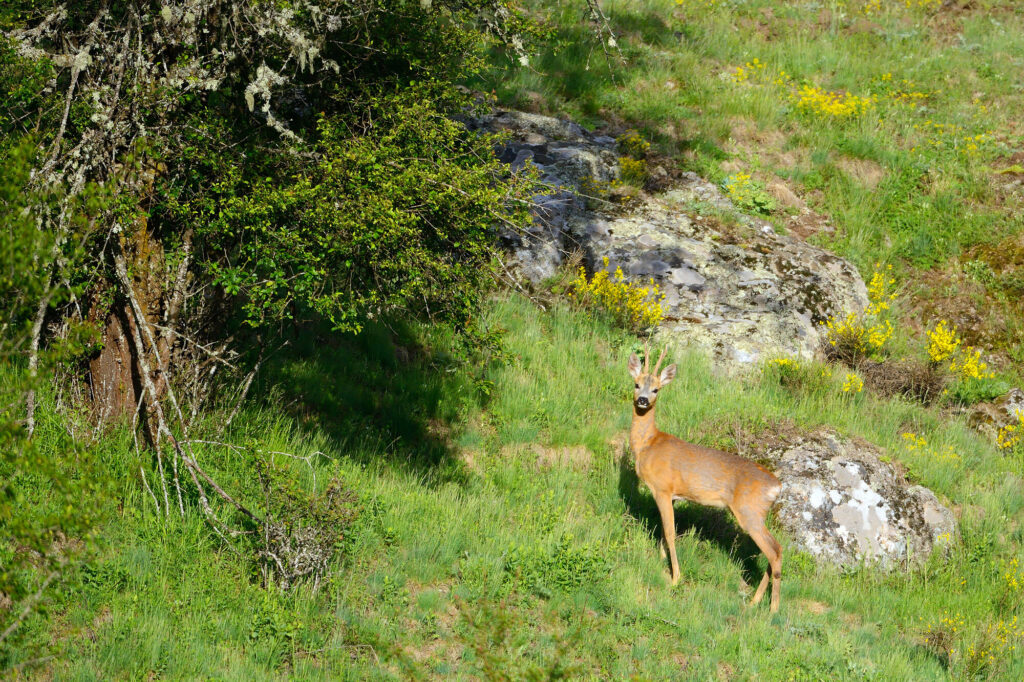
Staffan Widstrand / Rewilding Eu
Complete assist
The canines concerned within the guard canine programme are handed over to livestock homeowners as puppies, sourced from litters of current guard canines. This permits them to be built-in into flocks and herds, and to create a robust bond with the animals they’re supposed to guard. They’re both of the Serra da Estrela or Cão de gado transmontano breeds – each of which have historically been used as guard canines in Portugal.
The farmers who’ve acquired canines are primarily based within the Guarda, Aveiro, and Viseu districts of Portugal, with one within the neighbouring district of Castelo Branco. Typically members of the Rewilding Portugal crew supply a canine to a farmer that has suffered from a wolf assault, or is vulnerable to affected by one, generally farmers method the crew having heard of the programme. Along with receiving a canine totally free, farmers are given pet food for a yr, whereas Rewilding Portugal covers each canine’s veterinary and insurance coverage prices for 2 years. The crew additionally present farmers with assist and recommendation to make sure the canines combine effectively with livestock.
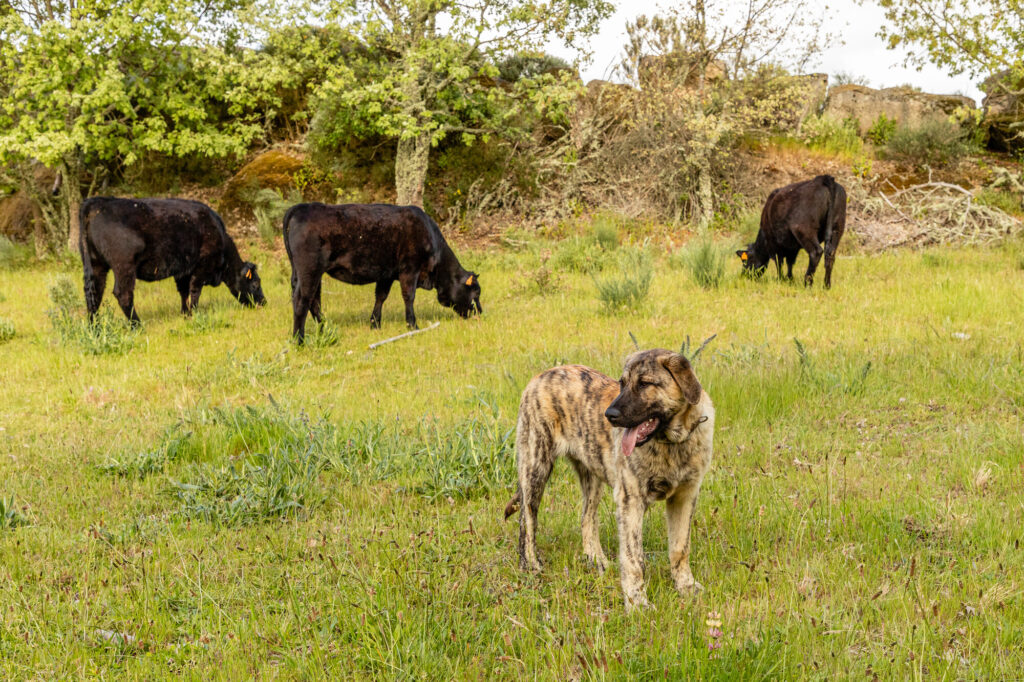
Ricardo Ferreira
Constructing engagement
To raised perceive individuals’s attitudes to the Iberian wolf south of the Douro – and inform measures to assist the animal’s existence and comeback – the Rewilding Portugal crew performed an eight-month research of public attitudes, ending in April 2020. Virtually half of these interviewed had been open to residing alongside wolves, however solely underneath sure situations, together with higher safety for livestock.
“The programme has actually helped us to construct engagement with native farmer and lift the profile of rewilding and Rewilding Portugal,” says Marta Vieira. “Initially, many farmers within the space lined by the programme had been sceptical about utilizing guard canines to guard cattle. However as soon as they began to see how effectively it really works, they began asking for them. Folks’s views on the effectiveness of guard canines have positively turn out to be extra optimistic.”
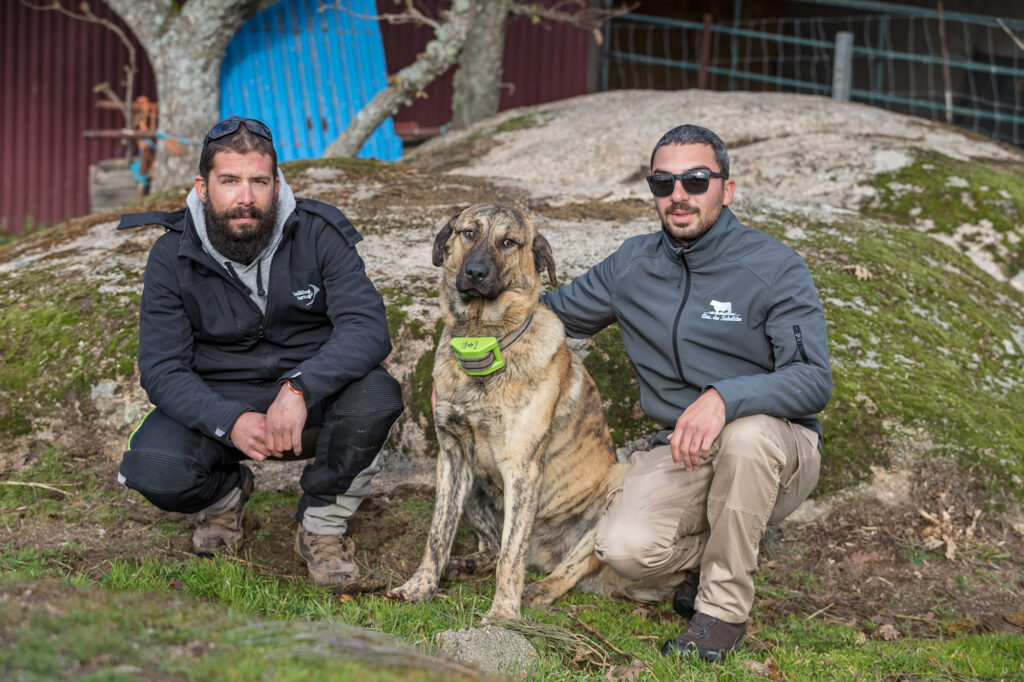
Daniel Allen
An increasing geographical focus
Transferring forwards, the Rewilding Portugal crew and companions may even work to extend using livestock guard canines and improve human-wolf coexistence via the not too long ago launched LIFE LUPI LYNX initiative, which can deal with an space adjoining to that of the LIFE WolFlux initiative in Portugal, and throughout the Spanish border in Extremadura.
The LIFE WolFlux initiative is funded by the European Fee via its LIFE programme, and co-funded by the Endangered Landscapes Programme. The LIFE LUPI LYNX initiative can be funded via the LIFE Programme, with Rewilding Europe offering cofunding.

















